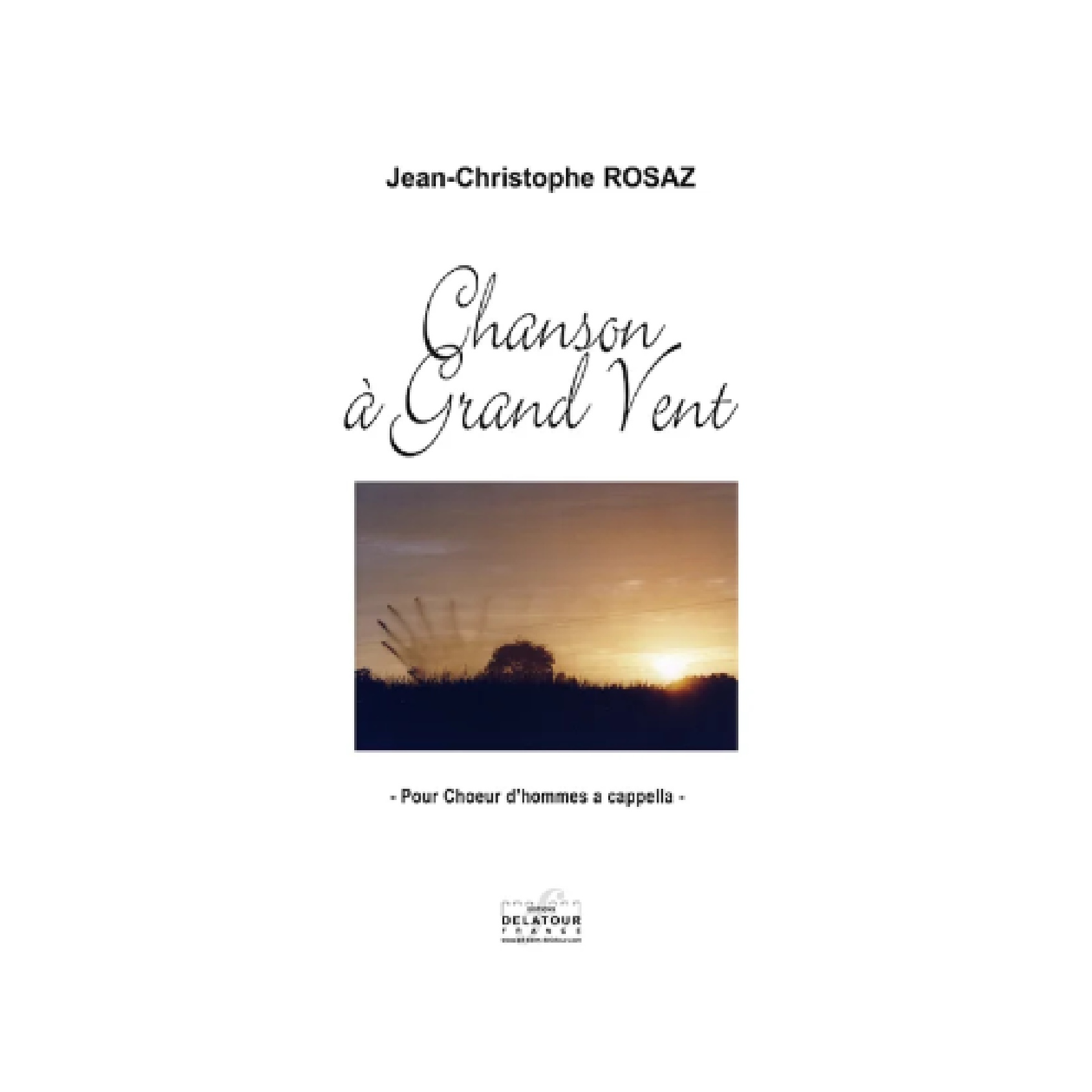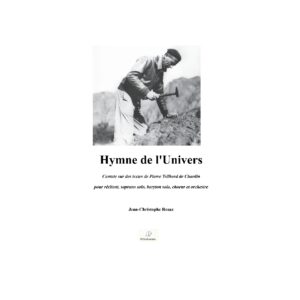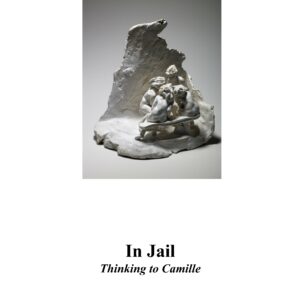Chanson à grand vent – men voices a cappella
French Folk Song
Arrgt. J.C. Rosaz
duration around 6′
« A tribute to the hard work of peasants of all times, to which I wanted to give a certain grandeur in echo to the drama of the text. The voices of men call out to each other, answer each other, truly creating the space of labor in the field. Beyond the vicissitudes of life, man sings eternally. »
Description
Hommage au dur travail des paysans de tous temps, auquel j’ai souhaité donner une certaine grandeur en écho au dramatisme du texte. Les voix d’hommes s’interpellent, se répondent, créant véritablement l’espace du labeur au champ. Par delà les vicissitudes de la vie, l’homme chante éternellement.
J’avais des grands-tantes et oncles qui étaient paysans et j’adorais passer du temps avec eux.
I had some grand aunts & uncles who were peasants and how I loved to spend time with them.
Le pauvre laboureur Il a bien du malheur Du jour de sa naissance L’est déjà miséreux Qu’il pleuv’, qu’il tonn’, qu’il vente Qu’il fasse mauvais temps L’on voit toujours sans cesse Le laboureur aux champs. Le pauvre laboureur, Il n’est qu’un partisan ; Il est vêtu de toile Comme un moulin à vent. Et il ne peut éviter C’est l’état d’son métier D’ empêcher la terre D’entrer dans ses souliers Le pauvre laboureur, L’a de nombreux enfants, Les envoie à la charrue À l’âge de quinze ans ; Il a perdu sa femme À l’age de trente ans, Elle le laisse tout seul Avec ses dix enfants. Le pauvre laboureur chante jolies chansons, Malgré toute la misère s’en est bien la saison!
The poor ploughman He has much misfortune From the day he was born He is already unhappy Whether it rains, thunders, or blows Whether the weather is bad We always see The ploughman in the fields. The poor ploughman, He is only a partisan; He is dressed in canvas Like a windmill. And he cannot avoid It is the state of his profession To prevent the earth From getting into his shoes The poor ploughman, Has many children, Sends them to the plough At the age of fifteen; He lost his wife At the age of thirty, She leaves him all alone With his ten children. The poor ploughman sings pretty songs, Despite all the misery, it is indeed the season!



